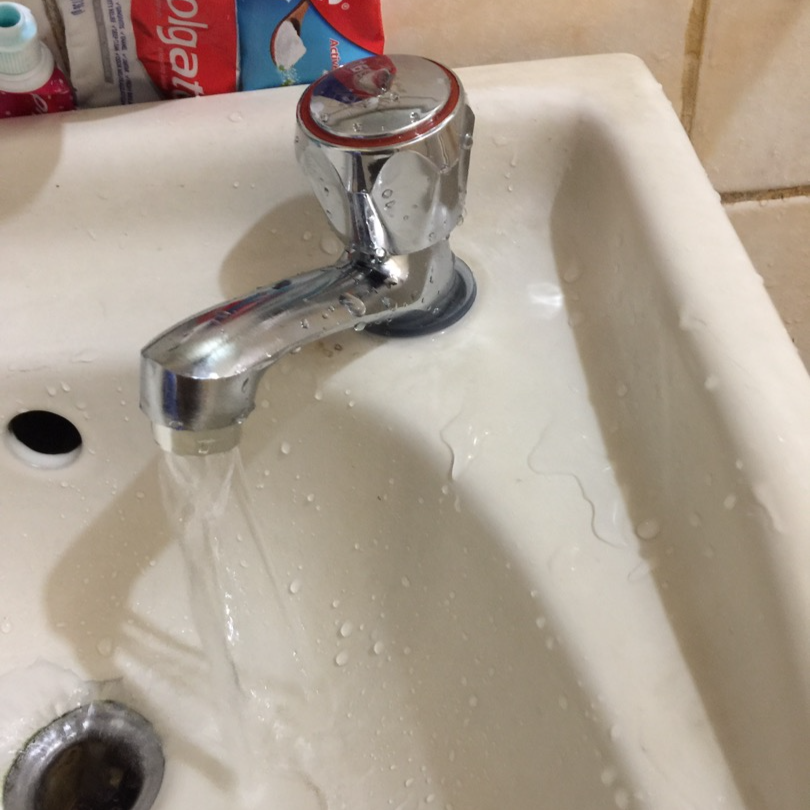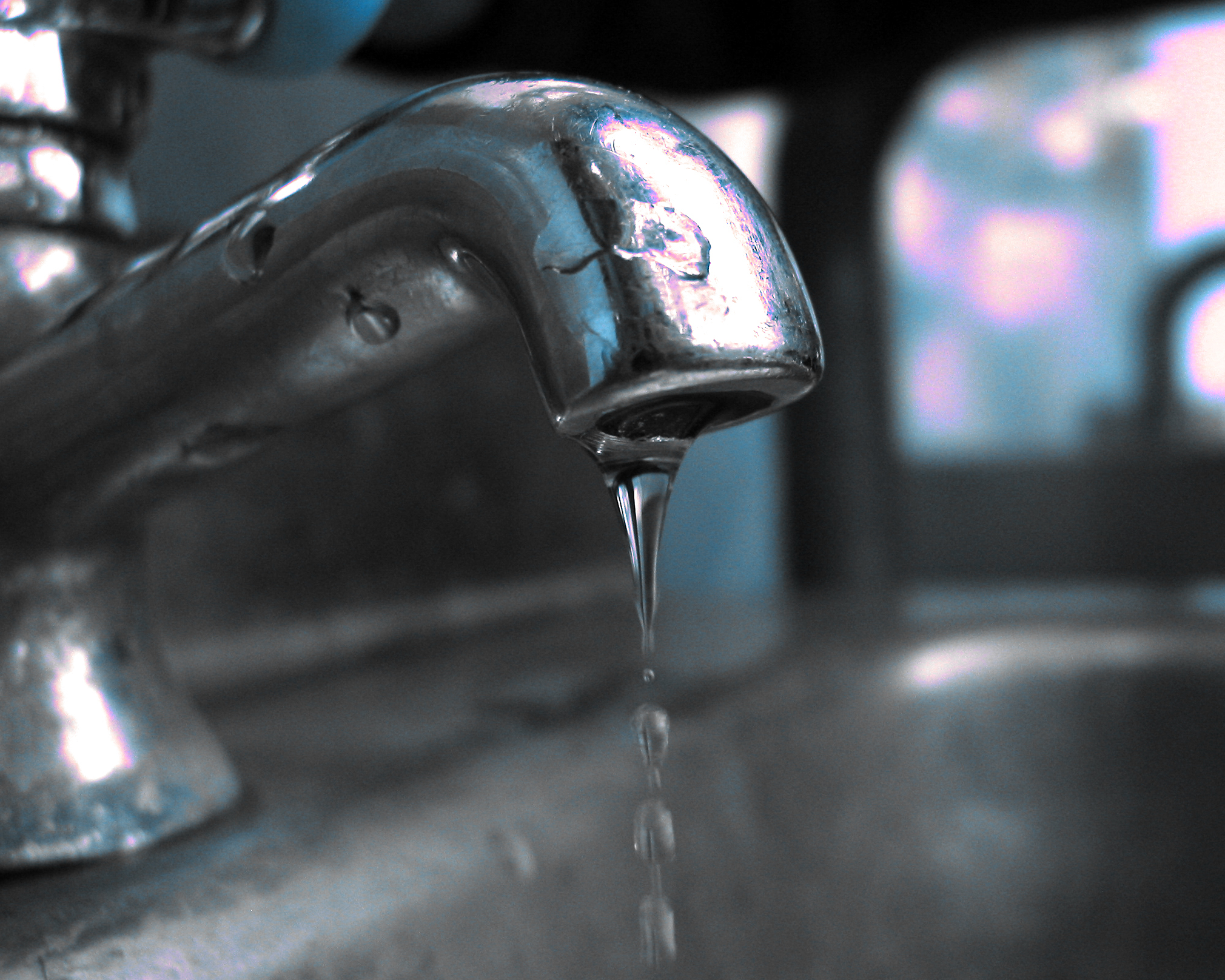This article following next involving Why Are My Faucets Dripping (And Can I Fix It Myself)? is particularly entertaining. Check it out for your own benefit and decide what you think about it.

Leaking faucets could feel like a small trouble, however their influence surpasses simply the nuisance of the sound. From wasting water to incurring unnecessary financial expenses and health dangers, neglecting a trickling tap can bring about various consequences. In this article, we'll explore why it's crucial to resolve this typical household concern immediately and efficiently.
Waste of Water
Ecological Influence
Leaking taps add considerably to water wastefulness. According to the Environmental Protection Agency (EPA), a solitary faucet trickling at one drip per secondly can lose more than 3,000 gallons of water each year. This not only pressures water resources yet likewise impacts ecological communities and wild animals dependent on them.
Step-by-Step Overview to Taking Care Of a Dripping Faucet
Devices Required
Before attempting to take care of a leaking faucet, collect the needed devices, including an adjustable wrench, screwdrivers, replacement components (such as washing machines or cartridges), and plumber's tape.
Typical Tap Issues and Their Solutions
Recognize the type of faucet and the details concern causing the drip. Typical problems include damaged washers, rusty shutoff seats, or damaged O-rings. Refer to supplier directions or on-line tutorials for step-by-step support on repair services.
Financial Expenses
Raised Water Expenses
Beyond the ecological influence, leaking taps can inflate water costs significantly. The accumulated wastage in time equates right into higher energy expenses, which can have been prevented with timely repairs.
Prospective Property Damage
Moreover, long term trickling can bring about damage to fixtures and surfaces surrounding the faucet. Water buildup can create staining, deterioration, and also structural concerns if left unattended, leading to additional repair service costs.
Health Problems
Mold And Mildew and Mildew Growth
The continuous visibility of moisture from a leaking tap creates a suitable atmosphere for mold and mildew and mildew development. These fungis not only endanger interior air high quality however additionally pose health and wellness risks, specifically for individuals with respiratory problems or allergies.
Waterborne Illness
Stagnant water in trickling faucets can come to be a breeding ground for microorganisms and other virus, boosting the danger of waterborne illness. Impurities such as Legionella bacteria prosper in stationary water, potentially leading to significant diseases when ingested or breathed in.
DIY vs. Specialist Repair
Advantages and disadvantages of Do It Yourself Repair Work
While some may attempt to repair a trickling faucet themselves, do it yourself fixings come with their own set of obstacles. Without correct understanding and devices, do it yourself efforts can worsen the concern or result in insufficient repair services, prolonging the trouble.
Benefits of Hiring a Professional Plumber
Working with an expert plumber makes sure that the underlying root cause of the leaking faucet is addressed successfully. Plumbers possess the competence and equipment to diagnose and fix tap problems efficiently, conserving time and decreasing the risk of additional damages.
Ecological Obligation
Individual Payment to Preservation
Taking responsibility for fixing leaking faucets lines up with wider initiatives towards water preservation and environmental sustainability. Every person's activities jointly make a substantial influence on maintaining valuable resources.
Sustainable Living Practices
By focusing on timely fixings and embracing water-saving practices, individuals contribute to lasting living methods that benefit both present and future generations.
Safety nets
Normal Upkeep Tips
To stop leaking faucets, execute regular upkeep such as cleansing aerators, evaluating for leaks, and replacing worn-out parts immediately. In addition, take into consideration mounting water-saving tools or upgrading to much more efficient components.
Importance of Prompt Fixes
Addressing trickling taps as soon as they're noticed avoids further water wastage and potential damage, inevitably conserving both water and money in the long run.
Influence On Residential Or Commercial Property Value
Understanding of Well-Maintained Residential Property
Maintaining a residential property in good condition, including addressing upkeep issues like trickling taps, improves its viewed worth and desirability amongst potential customers or occupants.
Influence on Resale Value
Properties with well-kept plumbing components, including taps, command greater resale worths in the realty market. Resolving leaking faucets can contribute to a favorable impression during home examinations and arrangements.
Final thought
Addressing a leaking tap exceeds mere benefit; it's a vital action towards preserving water, lowering monetary costs, and guarding health and wellness and building. Whether via do it yourself fixings or specialist assistance, taking action to deal with trickling taps is a little yet impactful means to advertise liable stewardship of sources and add to a much healthier, more lasting future.
How to Fix a Leaky Faucet: Step-by-Step Repair Guide
A leaky faucet may seem like a simple annoyance, but if it's not fixed promptly, that leak could cost hundreds to potentially thousands. From water damage to mold, mildew, and high water bills, even a tiny leak can be catastrophic if left unattended. Damage like this can even affect the overall value of your home, so it's important to take the right approach for leaky faucet repair. You may need the help of a plumber in some cases, but we've got a few tips you can try on how to fix a leaky faucet before calling the pros.
Four Faucet Types
When you're learning how to fix a leaky faucet, the first step is knowing what kind of faucet you're working with! There are four common types.
Cartridge Faucets
Cartridge faucets come in one- or two-handled varieties. In one-handled cartridge faucets, hot and cold water combines in a single cartridge. In the two-handled versions, hot and cold water are controlled separately and mixed in the faucet.
Ball Faucets
Ball faucets have a single lever you push up and down to adjust the pressure and rotate to change the temperature. A slotted metal ball controls the amount of water allowed into the spout.
Compression Washer Faucets
They're the oldest type of faucet, but they're still used in many homes — especially older ones. Compression faucets have two separate handles that, when turned, raise or lower the washer that seals a water valve. This valve stops water from flowing through the faucet when it is turned off.
Disc Faucets
Disc faucets rarely need to be repaired due to their maintenance-free design. The water flow is controlled by two discs — the upper one raises and lowers against a fixed lower disc, creating a watertight seal. If your disc faucet starts leaking, you may need to replace the seals or clean residue buildup from the inlets.
Fixing a Leaky Faucet
Step 1: Turn Off the Water
Whether you're learning how to fix a leaky bathtub faucet or how to fix a leaky kitchen faucet, always turn off the water supply to your working area when you're fixing a leak. The last thing you want is a flood added to your list of things to fix.
Look for the shutoff valves below your sink or around the tub and turn them clockwise to stop the water flow. If your faucet doesn't have shutoff valves, you may need to turn off the water for the whole house. Check to make sure it's off by turning the faucet on. If nothing comes out, you're ready to start the repair.
Step 2: Take Apart the Faucet
How you disassemble your faucet depends on the type of fixture you have. You can use a flathead screwdriver to remove the caps on top of the handle or handles for cartridge and compression faucets. Inside, you should see handle screws. Unscrew these with a screwdriver to remove the handle.
Disc- and ball-style faucets will typically have an inlet screw near the handle, and removing that will reveal the interior of the faucet.
Detach the Valve Stem
For cartridge- and compression-style faucets, you'll see the inner valve stem or cartridge once you remove the faucet handles. If you have a compression faucet, unscrew the brass valve stem. If you have a cartridge faucet, pull out the cartridge. If your cartridge has been in place for a while, it may require some tools or extra force to remove it due to mineral deposits.
Examine and Replace Parts
Once you've removed the parts, check them out to confirm what needs to be replaced. You may see corroded rubber washers, O-rings, stems, or cartridges. On a ball-style faucet, check the seats and springs for damage.
If you need to repair a leaky disc faucet, check the inlet and seals on the lower disc.
Once you determine what parts must be replaced, visit your local hardware store. Bring the damaged parts with you to ensure you can purchase the correct components to replace them.
Clean Valves and Faucet Cavity
If you've removed a stem or cartridge, you may notice mineral buildup in the faucet's threads. Use white vinegar to clean the valve seat by soaking it for a few minutes, then scrub it away with a soft toothbrush and rinse with warm water. You can also clean the interior of the faucet in the same way.
Reassemble the Faucet
Once your faucet is cleaned and the required parts have been replaced, it's time to reassemble it. Put the pieces back together and slowly turn the water supply back on. Doing this slowly is crucial because too much initial water pressure can damage the new hardware you've just installed.
https://homewarranty.firstam.com/blog/how-to-fix-leaky-faucet

I ran across that article about while doing a lookup on the search engines. Sharing is caring. Helping people is fun. I enjoy reading our article about How to Fix a Dripping or Leaky Faucet .